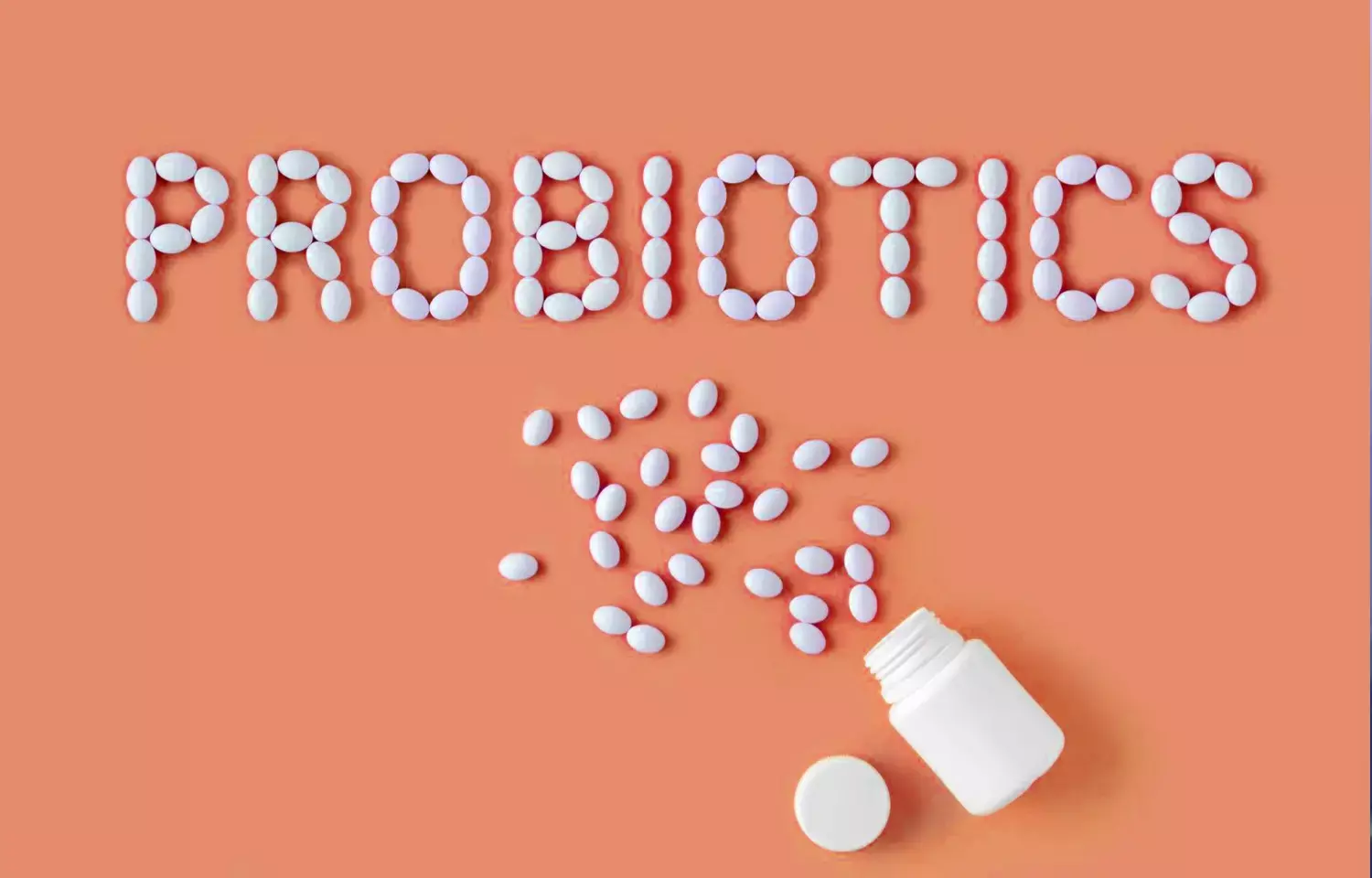- Home
- Medical news & Guidelines
- Anesthesiology
- Cardiology and CTVS
- Critical Care
- Dentistry
- Dermatology
- Diabetes and Endocrinology
- ENT
- Gastroenterology
- Medicine
- Nephrology
- Neurology
- Obstretics-Gynaecology
- Oncology
- Ophthalmology
- Orthopaedics
- Pediatrics-Neonatology
- Psychiatry
- Pulmonology
- Radiology
- Surgery
- Urology
- Laboratory Medicine
- Diet
- Nursing
- Paramedical
- Physiotherapy
- Health news
- Fact Check
- Bone Health Fact Check
- Brain Health Fact Check
- Cancer Related Fact Check
- Child Care Fact Check
- Dental and oral health fact check
- Diabetes and metabolic health fact check
- Diet and Nutrition Fact Check
- Eye and ENT Care Fact Check
- Fitness fact check
- Gut health fact check
- Heart health fact check
- Kidney health fact check
- Medical education fact check
- Men's health fact check
- Respiratory fact check
- Skin and hair care fact check
- Vaccine and Immunization fact check
- Women's health fact check
- AYUSH
- State News
- Andaman and Nicobar Islands
- Andhra Pradesh
- Arunachal Pradesh
- Assam
- Bihar
- Chandigarh
- Chattisgarh
- Dadra and Nagar Haveli
- Daman and Diu
- Delhi
- Goa
- Gujarat
- Haryana
- Himachal Pradesh
- Jammu & Kashmir
- Jharkhand
- Karnataka
- Kerala
- Ladakh
- Lakshadweep
- Madhya Pradesh
- Maharashtra
- Manipur
- Meghalaya
- Mizoram
- Nagaland
- Odisha
- Puducherry
- Punjab
- Rajasthan
- Sikkim
- Tamil Nadu
- Telangana
- Tripura
- Uttar Pradesh
- Uttrakhand
- West Bengal
- Medical Education
- Industry
Probiotic supplementation to show cognitive benefits in elderly: Study

A recent study published in the European Journal of Clinical Nutrition found that probiotic supplementation may benefit cognitive performance across different stages of life, with the strongest effects emerging in older adults.
The study reviewed 21 randomized controlled clinical trials up to December 2023, and explored whether probiotics could truly enhance aspects of human cognition and whether those effects varied by age. This research examined outcomes including memory, processing speed, executive function, verbal ability, and spatial skills, combining results through standardized mean difference (SMD) and confidence interval analysis.
The most strong benefits were observed among participants in later life. Probiotics significantly boosted overall cognitive performance (SMD = 0.40), information processing speed (SMD = 0.37), memory (SMD = 0.51), and spatial ability (SMD = 0.35). All improvements were statistically significant, with memory showing the strongest effect. These results suggest probiotics may play a valuable role in supporting aging brains, particularly when taken consistently for around 12 weeks at a daily dose of 2 × 10¹⁰ colony-forming units (CFU).
In early life, probiotics appeared to support executive function like skills tied to attention, problem-solving, and planning. The analysis found a modest but significant benefit (SMD = 0.30), pointing to potential developmental advantages.
For younger populations, effects were less broad but still noteworthy. The trials showed improvements mainly in verbal ability (SMD = 0.43), hinting that probiotics may subtly enhance language-related skills in this age group.
While probiotics have long been associated with gut health, this study strengthens the idea of a “gut-brain axis”—the communication link between digestive health and brain function. Also, the findings highlight that probiotics do not act as a one-size-fits-all supplement. Their cognitive effects appear to be age-dependent, which offers targeted benefits at different life stages.
For older adults, probiotics may hold promise as a non-invasive, natural strategy to maintain memory and processing speed, both of which tend to decline with age. For children, early support of executive function could aid in learning and development. Meanwhile, young adults may experience boosts in verbal performance, though broader benefits in this group remain less clear.
Overall, this research adds to a growing body of evidence linking probiotics to brain health. With aging populations worldwide and rising concern over cognitive decline, these findings could guide future recommendations for probiotic use.
Source:
Guo, H., Liang, Y., Qin, X., Luo, Q., Gong, X., & Gao, Q. (2025). Effects of probiotics on cognitive function across the human lifespan: a meta-analysis. European Journal of Clinical Nutrition, 1–16. https://doi.org/10.1038/s41430-025-01660-8
Neuroscience Masters graduate
Jacinthlyn Sylvia, a Neuroscience Master's graduate from Chennai has worked extensively in deciphering the neurobiology of cognition and motor control in aging. She also has spread-out exposure to Neurosurgery from her Bachelor’s. She is currently involved in active Neuro-Oncology research. She is an upcoming neuroscientist with a fiery passion for writing. Her news cover at Medical Dialogues feature recent discoveries and updates from the healthcare and biomedical research fields. She can be reached at editorial@medicaldialogues.in
Dr Kamal Kant Kohli-MBBS, DTCD- a chest specialist with more than 30 years of practice and a flair for writing clinical articles, Dr Kamal Kant Kohli joined Medical Dialogues as a Chief Editor of Medical News. Besides writing articles, as an editor, he proofreads and verifies all the medical content published on Medical Dialogues including those coming from journals, studies,medical conferences,guidelines etc. Email: drkohli@medicaldialogues.in. Contact no. 011-43720751


